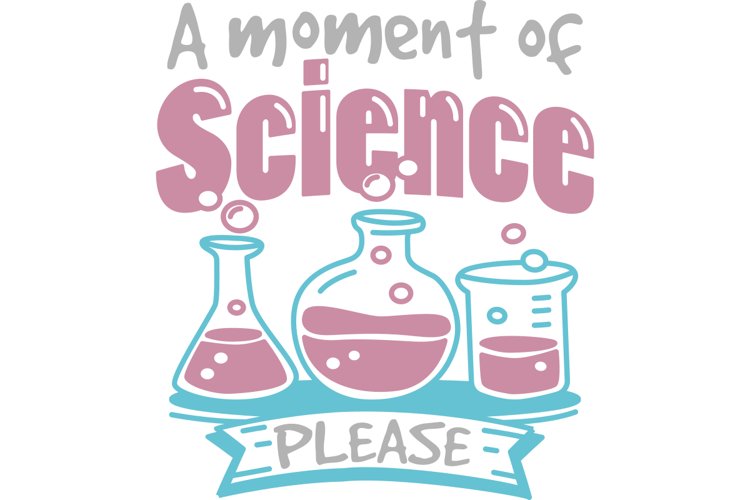
A moment of science please!
Eureka!!
Archimedes inspire me to learn, explore and discover… Somewhere, something incredible is waiting to be known.
Every day I eagerly wait for the science class. I find magic in sprouting of seedlings from soil, action and reaction force, dispersion of white light from a prism, the mystery of evolution and the star studded galaxies far away from our existence.
The advantages of activity based learning clearly outweigh conventional methods. Life skills are still so underrated in many schools. However, I feel fortunate to be part of a system where hands on activities are a regular part of teaching methodology and state of the art labs are accessible. It is extremely helpful in developing conceptual clarity and creates new perspective about different scientific approaches. The need to learn from the book by heart reduces to almost zero percent. My entire class thoroughly enjoyed the stages of seed germination and recorded the observation on daily basis.
An experiment is a question which science poses to nature. It gives birth to great ideas and teaches pupils how to think out of the box. Sometimes I think of myself as a scientist, trying to make sense of the stars inside me. I strongly feel that my observation has sharpened along with the span of attention. It has restored my connection with nature. I try to observe and find answers. It has increased my curiosity many fold. It promotes discovery and learning. Experimentation is by far the most useful method to explain change, to look at cause and effect or to deduce a hypothesis from a theory. It tells us how everything on earth is interconnected in terms of matter and energy.
Above everything else, I believe these activities foster a lifelong love of science and exploration by making the pupils observant and inquisitive. Hands on experience is unforgettable. It is a form of learning that does not restrict itself to class room walls. It imparts skill and understanding of the world around us and miraculous life processes ignored in the rush and hustle pf every day busy routine lives.
The only drawback is that if I miss my class for some reason, the experiments cannot be repeated due to the load of syllabus coverage and the apparatus is not easily available and not even safe to use at home without supervision.
I would recommend that the curriculum of science should be completely based on practical approaches, observations and experimentations. We should not worry about completing the SOS and rather enjoy this form of knowledge to the fullest. The curriculum should be assessed by giving practical projects to the students so that they develop their own deductions. Who knows we might end up being the next Newton, Aristotle or Galileo. Let’s be optimistic here and think like a proton, always positive!
So that one day if life gives us lemon, we construct a crude electro chemical battery and be proud of ourselves.
Grade 7
RMS Notting Hill campus Jhelum


